- Phone : +256312350800
- Email : info@ucu.ac.ug
The grand development challenge in Uganda is to increase incomes among the 70% Ugandans who earn less than UGX4,000 per day. Increase in income is recognized as the most holistically low-cost and high impact solution to complex global problems like energy insecurity, food insecurity, poor health, or poverty in general.
The Center rea of inquiry leverages current UCU strengths at the intersection of water, energy and food/feed. This intersection is of greatest interest because it is commonly featured when circular systems are considered in sustainability efforts. Circularity and sustainability are “two sides of the same development coin.”
The Center core values include transitioning technology-based solutions to innovations, embracing multidisciplinary approaches in everything we do, and seamlessly combining undergraduate and graduate education, as well as skilling school dropouts. These values are central to the Center overarching outcome of increasing incomes among 70% of Ugandans earning less that UGX4,000 per day through technology-based interventions
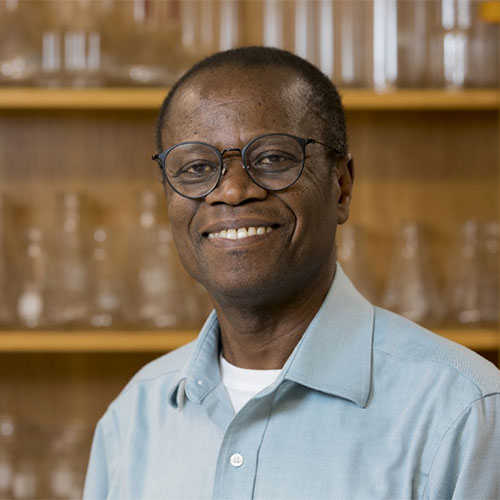
Obtained his PhD in chemical engineering from the University of British Columbia. He is currently a Distinguished Professor of Engineering at the University of Georgia and an Adjunct Professor at Uganda Christian University. One of his areas of teaching/research interests is “development engineering,” under which he prepares students to develop (translational research), pilot, and evaluate technological intervention designed to improve human and economic development within complex settings.
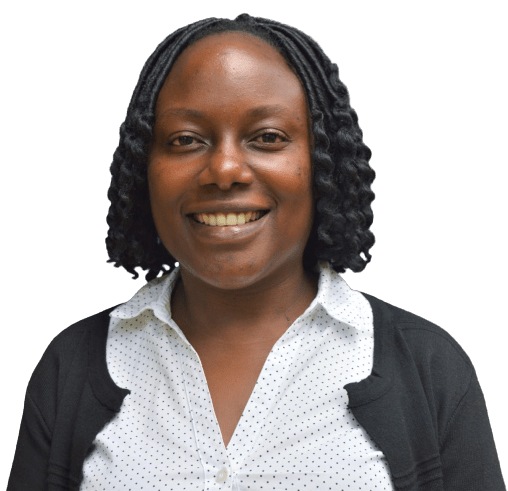
Holds a PhD in Plant Breeding and Biotechnology from the Swedish University of Agricultural Sciences, Uppsala. She is an Associate Professor in Plant Breeding at the Uganda Christian University. She is also the Dean, Faculty of Agricultural Sciences. Dr. Kizito leads a research group that works on development of seed systems for African Indigenous Vegetables (see www.afri-sol.org). The team is currently working on releasing the first ever indigenous vegetable varieties in Uganda.
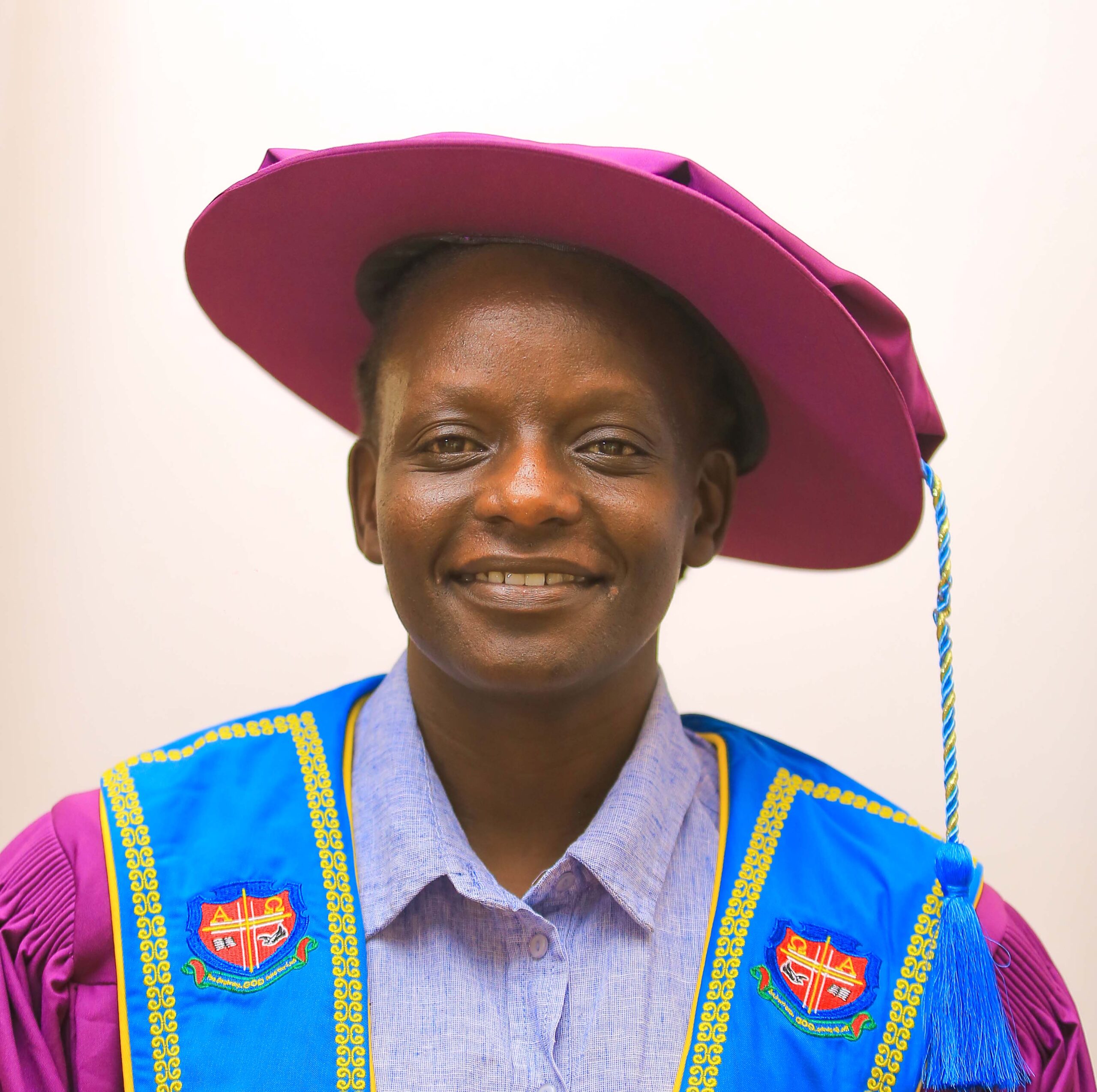
Is an Energy and Environmental Engineer who holds a Doctorate in Economic Sciences from Europa Universität Flensburg, Germany from where she also pursued a Master`s in Engineering in Renewable Energy and Environmental Management. She also holds Bachelors in Environmental Engineering and Management from Kyambogo University, Uganda. Dr. Agunyo has over 10 years’ experience in the areas of environmental impact assessments /audits, life cycle assessments, sanitation and waste management systems, renewable energy and process engineering with focus on bioenergy.
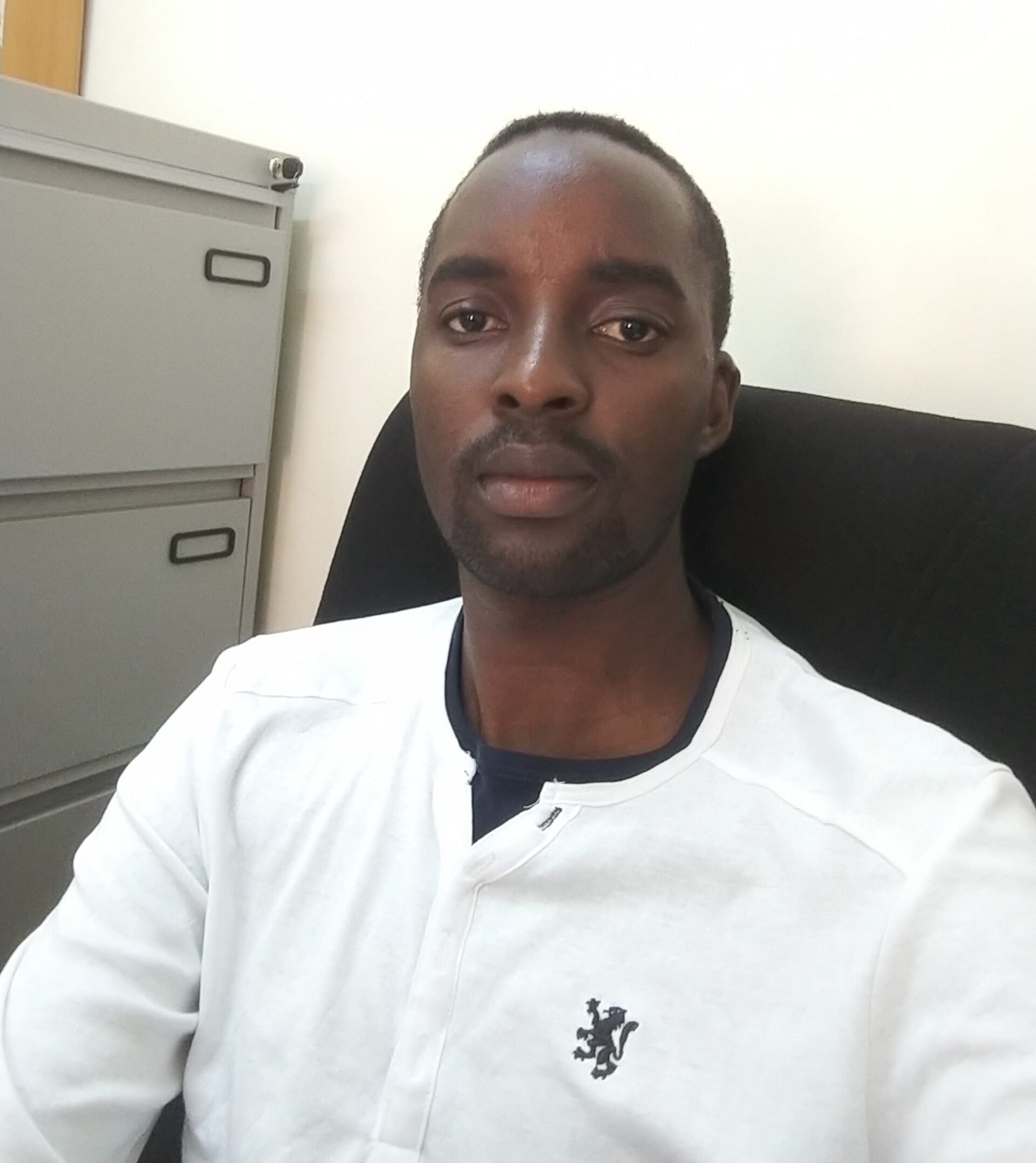
Obtained his first degree in Mathematics (Major) and Statistics (minor) from Makerere University, Uganda. He received a Wellcome Trust funded strategic internship award at the MRC-Uganda Virus Research Institute where he obtained introductory training in the field of bioinformatics and computational biology. He is a recipient of a Commonwealth Fellowship and a Commonwealth, Cambridge and European Trust Fellowship both of which enabled him to undertake an MPhil in Computational Biology at the University of Cambridge, UK in 2014
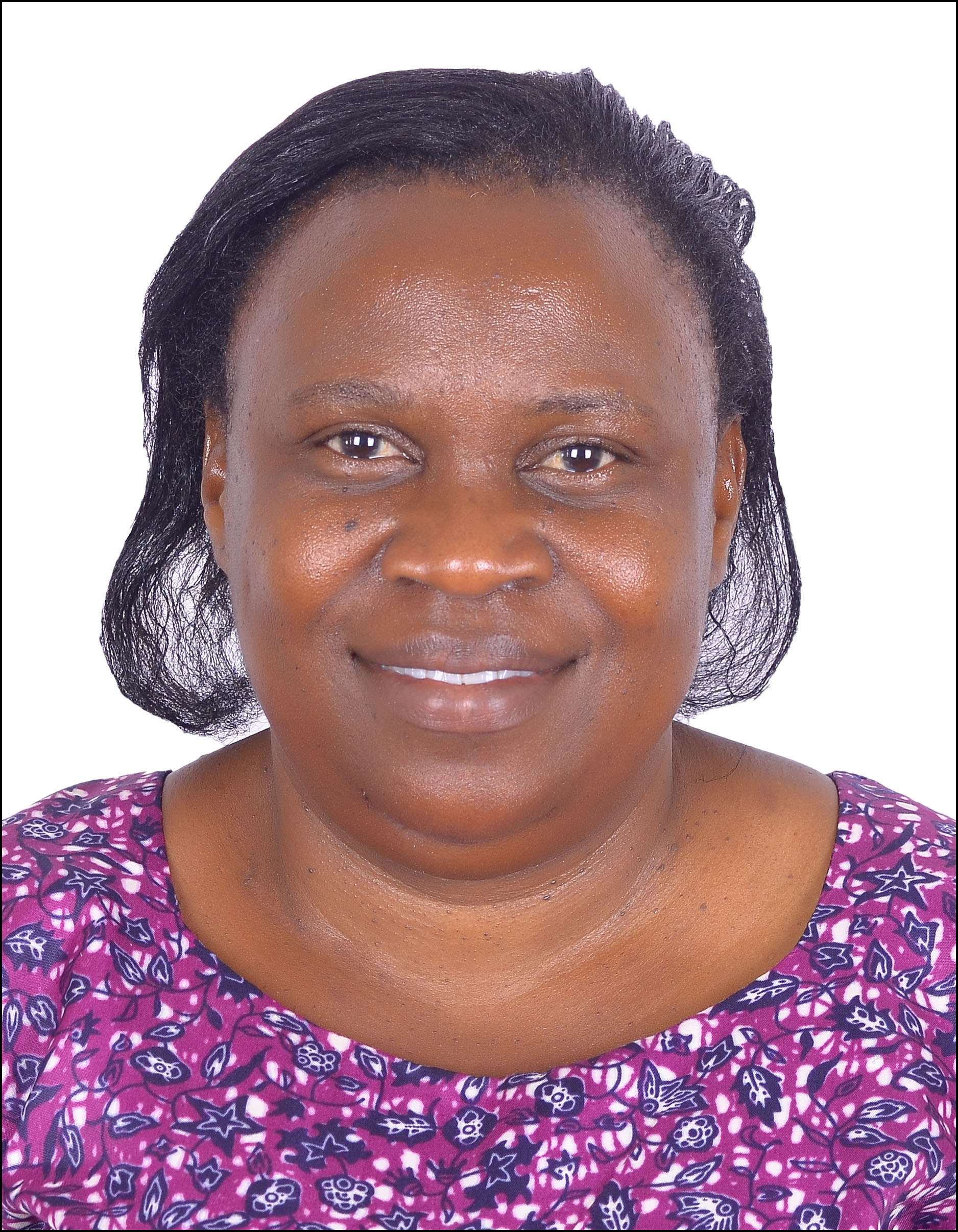
Is an Associate Professor, Gender and Development, Department of Development Studies, Uganda Christian University, Mukono. She became an Associate Professor in 2015. She obtained her doctor of philosophy of the University of Wales, Swansea, UK in 2006. Her doctorate focused on interests and relationships among gender focused NGOs with special focus on Ugandan NGOs. She holds a Masters of Arts, Women Studies degree of Makerere University, Kampala, Uganda as well as a Bachelor of Arts, Social Sciences degree of Makerere University, Kampala, Uganda. Mary has supervised several undergraduate and postgraduate students
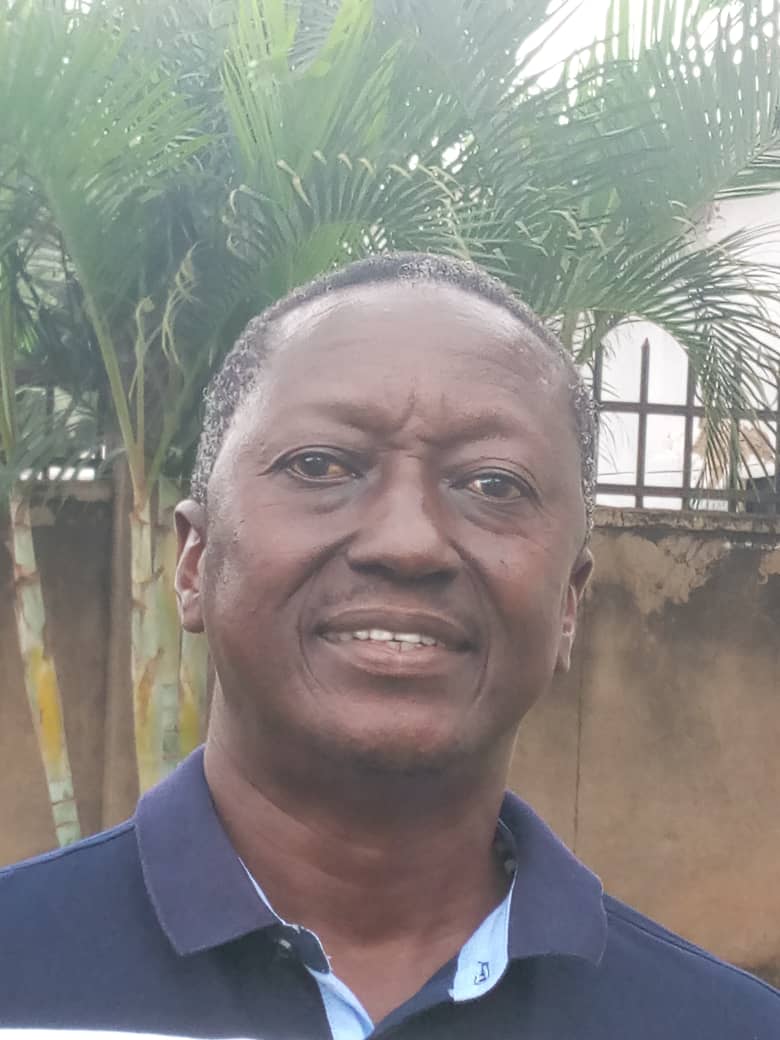
Holds a BSc. (Agriculture), Rural Economy, and a Masters in Business Administration (MBA), Marketing Option, both from Makerere University. He holds a PhD in Business Science (Entrepreneurship) of the University of Cape Town. Currently, he is a Senior Lecturer in the School of Business at Uganda Christian University. Prior to that, Isaac was the Associate Dean Faculty of Business and Administration, Uganda Christian University 2010 to 2016 as well as Head, Department of Management and Entrepreneurship 2012 to 2016.
We don’t just give students an education and experiences that set them up for success in a career, we help them succeed in their career.
UCU is a leader in online distance learning (ODL). We have been consistently teaching throughout this COVID time, whether fully online or in a blended capacity
The university offers a wide range of undergraduate and graduate programs across various disciplines, including business, computer science, education, law, medicine, and theology
Hello and welcome to Uganda Christian University! We are thrilled that you are considering joining our academic community.
As Uganda Christian University, we are committed to strengthening our position as one of the world’s leading Read more